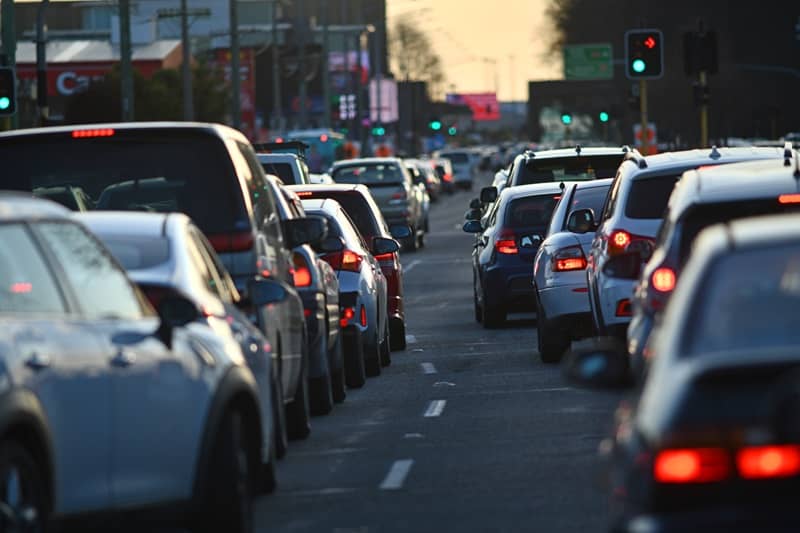To: Chair Barnhart and members of the House Committee on Revenue
From: Steve Buckstein, Senior Policy Analyst and Founder of Cascade Policy Institute, a Portland-based non-partisan, non-profit public policy research organization
Re: Tobacco taxes and inhalant nicotine taxes proposed in
HB 2037, HB 2056, HB 2062, HB 2084, HB 2119, HB 2662, and HB 3178
Why the state should not depend on increased sin taxes
- Oregon’s addiction to tobacco/nicotine revenues will only grow if we become more dependent on them to fund new or existing programs.
- Taxes on alcohol and tobacco are frequently justified as a means of discouraging “unhealthy” behavior. But this objective quickly gives way to a different one: raising revenue. This creates a “moral hazard” problem: sin taxes cannot simultaneously both discourage consumption and raise more revenue. For one to succeed, the other must fail.
- As cigarette smoking continues to decline, tobacco taxes will continue to shrink, punching one more hole in future state budgets.
The regressivity of Sin Taxes
Paying for any state programs by taxing smokers may make some program recipients better off, but it will also make smokers and their families worse off. As you may know:
- Cigarette smoking adults are more likely to be uninsured than non-smoking adults.
- Cigarette smokers are in poorer physical condition than non-smokers.
- Cigarette smokers generally have lower incomes and less formal education than non-smokers.
- Cigarette smokers are more likely to be unemployed or unemployable than non-smokers.
Policy option:
Currently, less than eight percent of Oregon tobacco taxes are used for the Tobacco Use Reduction Program. Funding other state programs through cigarette, tobacco and/or nicotine taxes is very regressive, targeting less educated, lower income and sicker Oregonians. If anything, these taxes should be reduced, not increased.











